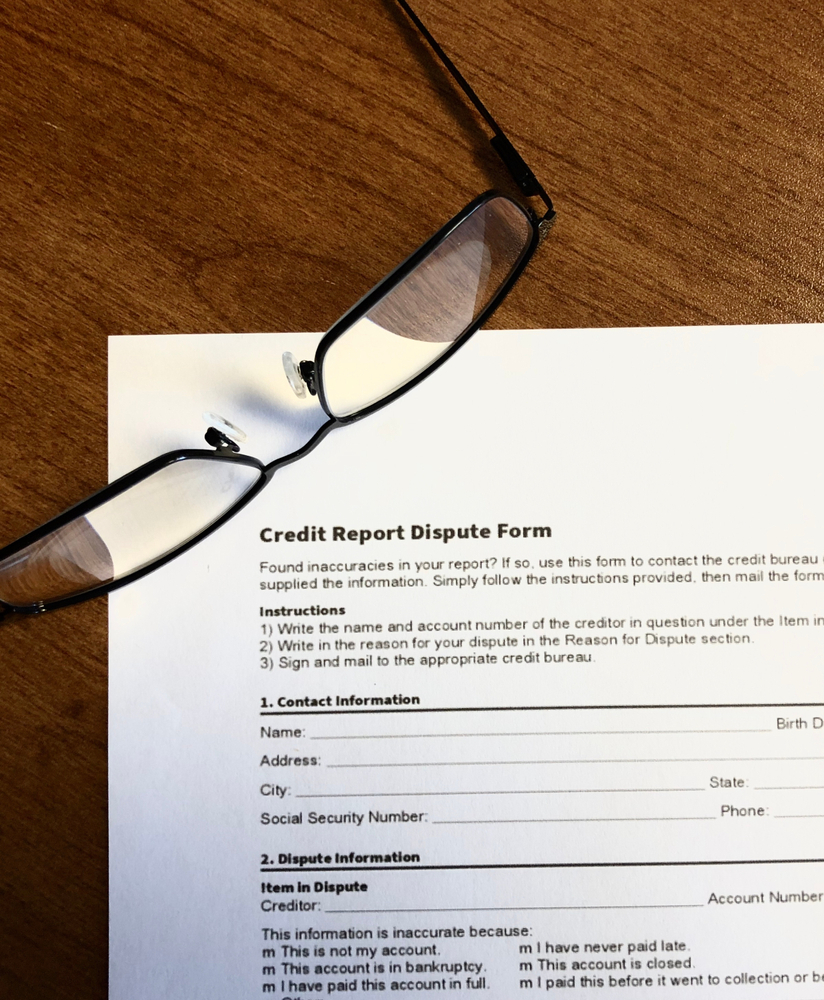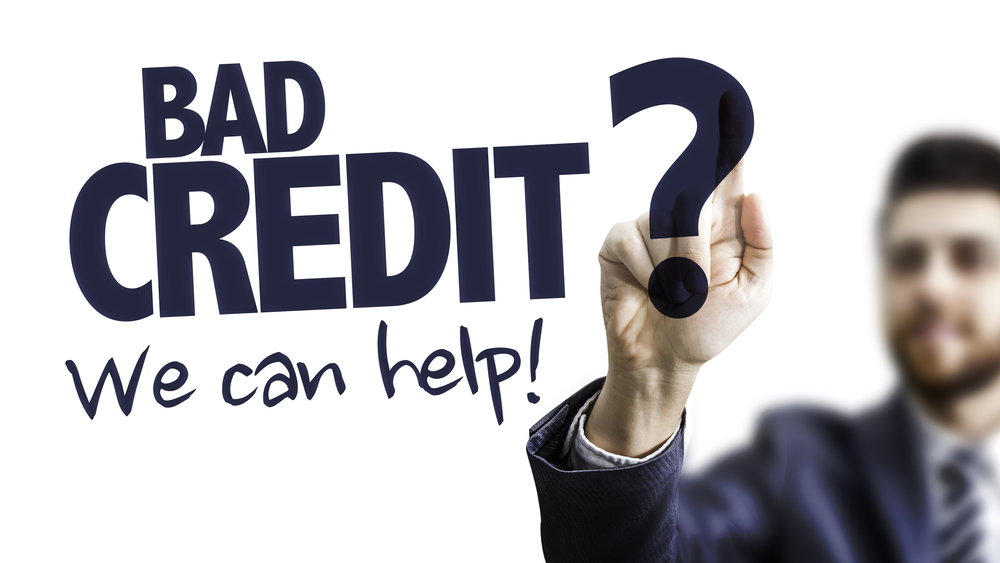The Impact of Debt Settlement on Your Credit Score

Debt settlement, while an attractive option for those drowning in unmanageable debt, comes with its set of consequences, especially concerning your credit score. Let’s delve into what debt settlement entails and how it can influence your creditworthiness.
1. What is Debt Settlement?
Debt settlement is a negotiation process where a debtor agrees to pay a creditor a lump sum amount, typically less than the total owed, to resolve or “settle” the debt. This is often facilitated through a debt settlement company.
2. Immediate Impact on Credit Score
When you settle a debt:
- The account is typically reported as “settled” or “account settled for less than the full amount.”
- This status can remain on your credit report for up to seven years.
- Settling a debt for less than the full amount owed is considered negative and can significantly lower your credit score.
3. Missed Payments Leading Up to Settlement
Often, debt settlement companies advise clients to stop making payments on their debts to force creditors into negotiations. This can lead to:
- Multiple missed payments, which are recorded on your credit report.
- Each late payment can further decrease your credit score.
4. The Silver Lining
While the immediate effects of debt settlement can be harsh, there are potential long-term benefits:
- Reduced Debt Burden: Settling can provide relief from overwhelming debt, allowing you to focus on rebuilding your financial health.
- Avoiding More Severe Alternatives: Debt settlement can be a preferable alternative to bankruptcy, which has a more prolonged negative impact on credit.
5. Rebuilding After Debt Settlement
Post-settlement, it’s crucial to adopt strategies to rebuild your credit:
- Timely Payments: Ensure all remaining debts and bills are paid on time.
- Credit Utilization: Keep your credit card balances low relative to their limits.
- Diversify Your Credit: Over time, consider diversifying the types of credit you have, such as credit cards, retail accounts, and installment loans.
- Limit New Credit Inquiries: Only apply for new credit when necessary to avoid multiple hard inquiries.
6. Consider Alternatives
Before opting for debt settlement:
- Credit Counseling: Seek advice from a reputable credit counseling agency. They can provide guidance and might help negotiate more favorable terms with your creditors.
- Debt Management Plans: Offered by credit counseling agencies, these plans can help you pay off your debt over time under revised terms.
Conclusion
Debt settlement, while offering a potential escape from crippling debt, does come with immediate credit implications. It’s essential to weigh these short-term consequences against the long-term relief and benefits. By understanding the full spectrum of effects and adopting a proactive approach post-settlement, you can navigate the path to financial recovery.










